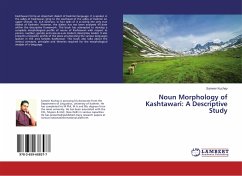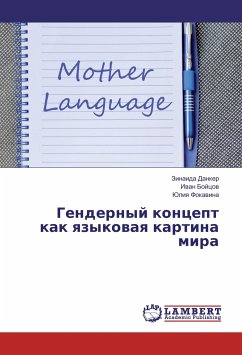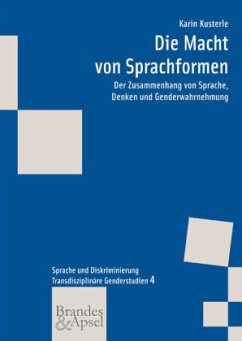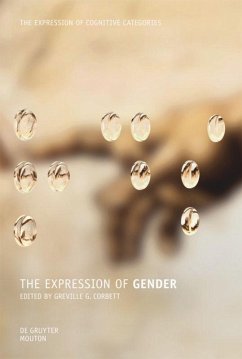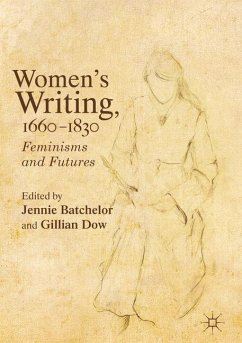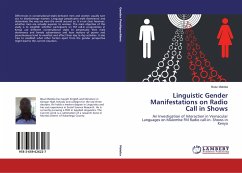
Linguistic Gender Manifestations on Radio Call in Shows
An Investigation of Interaction in Vernacular Languages on Mulembe FM Radio call-in- Shows in Kenya
Versandkostenfrei!
Versandfertig in 6-10 Tagen
47,99 €
inkl. MwSt.

PAYBACK Punkte
24 °P sammeln!
Differences in conversational styles between men and women usually turn out to disadvantage women. Language perpetuates male dominance and determines the way we view the world around us. It is not clear however; whether men are actually superior to women. The main objective of this study is to establish whether participants on FM call-in programmes in Kenya use different conversational styles to perpetuate their male dominance and female subservience and how notions of power and powerlessness tend to manifest and affect their day to day activities. It also tries to establish what other factors...
Differences in conversational styles between men and women usually turn out to disadvantage women. Language perpetuates male dominance and determines the way we view the world around us. It is not clear however; whether men are actually superior to women. The main objective of this study is to establish whether participants on FM call-in programmes in Kenya use different conversational styles to perpetuate their male dominance and female subservience and how notions of power and powerlessness tend to manifest and affect their day to day activities. It also tries to establish what other factors apart from the gender perspective might lead to the current situation.




